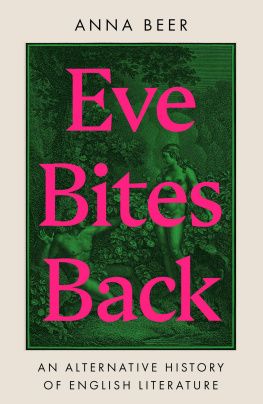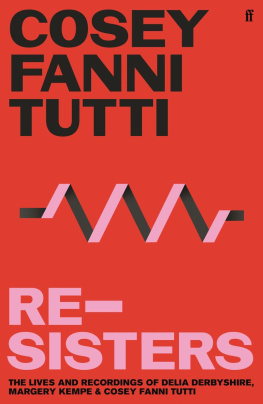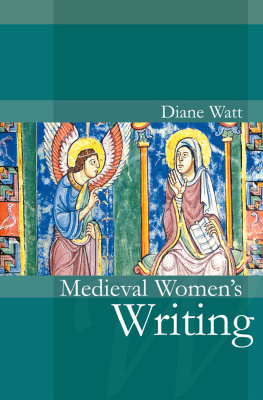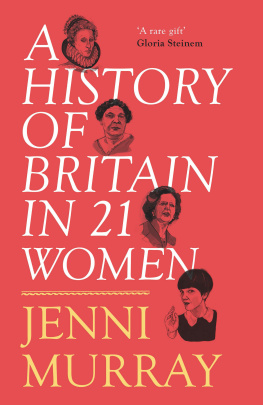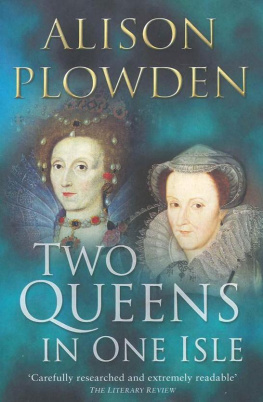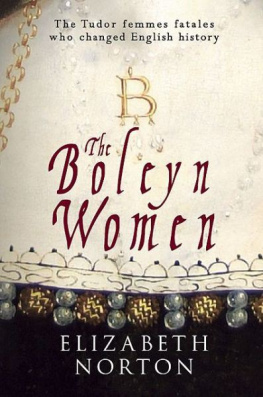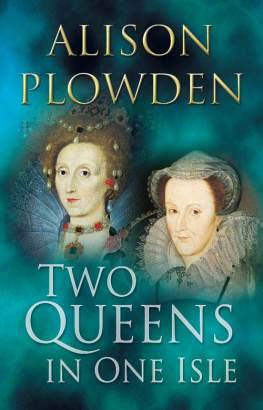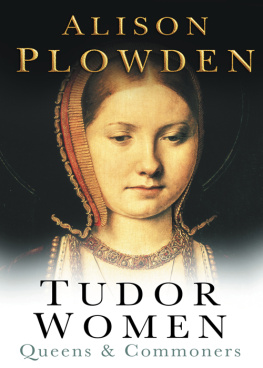Anna Beer - Eve Bites Back: An Alternative History of English Literature
Here you can read online Anna Beer - Eve Bites Back: An Alternative History of English Literature full text of the book (entire story) in english for free. Download pdf and epub, get meaning, cover and reviews about this ebook. year: 2022, publisher: Oneworld Publications, genre: Romance novel. Description of the work, (preface) as well as reviews are available. Best literature library LitArk.com created for fans of good reading and offers a wide selection of genres:
Romance novel
Science fiction
Adventure
Detective
Science
History
Home and family
Prose
Art
Politics
Computer
Non-fiction
Religion
Business
Children
Humor
Choose a favorite category and find really read worthwhile books. Enjoy immersion in the world of imagination, feel the emotions of the characters or learn something new for yourself, make an fascinating discovery.
- Book:Eve Bites Back: An Alternative History of English Literature
- Author:
- Publisher:Oneworld Publications
- Genre:
- Year:2022
- Rating:4 / 5
- Favourites:Add to favourites
- Your mark:
Eve Bites Back: An Alternative History of English Literature: summary, description and annotation
We offer to read an annotation, description, summary or preface (depends on what the author of the book "Eve Bites Back: An Alternative History of English Literature" wrote himself). If you haven't found the necessary information about the book — write in the comments, we will try to find it.
Warned not to write and certainly not to bite these women put pen to paper anyway and wrote themselves into history.
From the fourteenth century through to the present day, women who write have been understood as mad, undisciplined or dangerous. Female writers have always had to find ways to overcome or challenge these beliefs. Some were cautious and discreet, some didnt give a damn, but all lived complex, eventful and often controversial lives.
Eve Bites Back places the female contemporaries of Chaucer, Shakespeare and Milton centre stage in the history of literature in English, uncovering stories of dangerous liaisons and daring adventures. From Julian of Norwich, Margery Kempe, Aemilia Lanyer and Anne Bradstreet, to Aphra Behn, Mary Wortley Montagu, Jane Austen and Mary Elizabeth Braddon, these are the women who dared to write.
Anna Beer: author's other books
Who wrote Eve Bites Back: An Alternative History of English Literature? Find out the surname, the name of the author of the book and a list of all author's works by series.

